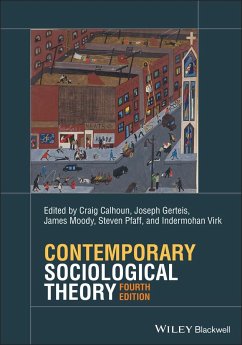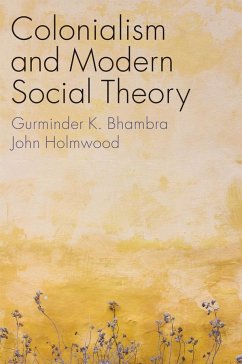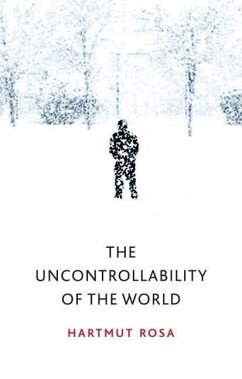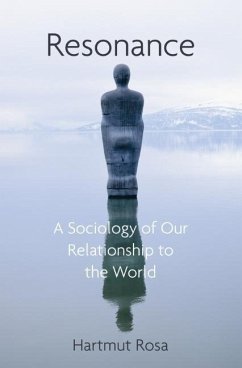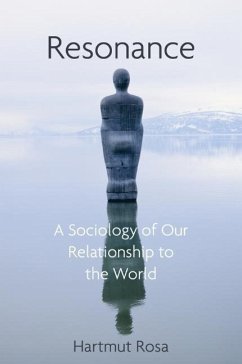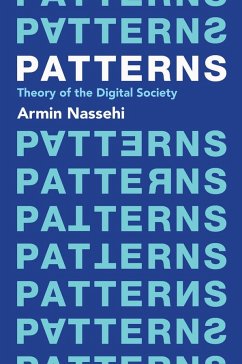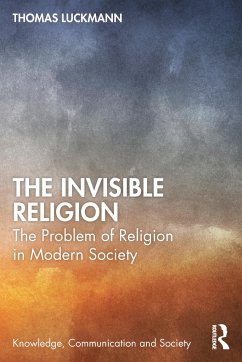
Connected Sociologies

PAYBACK Punkte
19 °P sammeln!
Bhambra outlines what 'Theory for a Global Age' might look like, offering this outline as a statement for consideration, contestation and discussion. Bhambra sets the agenda for a new social theory which not only engages with global intellectual currents, but is fundamentally reshaped by them.




